Sidney, NE Drug & Alcohol Treatment Centers
Looking for help with addiction in Sidney, NE?
Insurance
Treatment Programs
Looking for help with addiction in Sidney, NE?
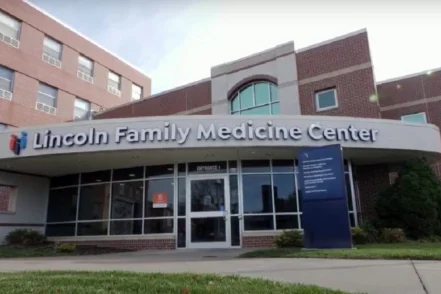
4600 Valley Road, Suite 200 Lincoln, Nebraska 68510
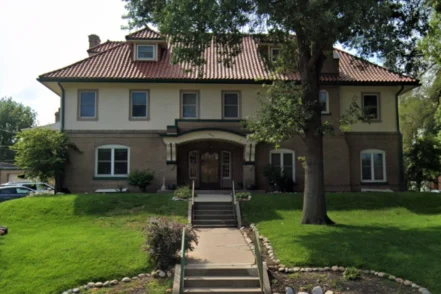
604 South 37th Street Omaha, Nebraska 68105
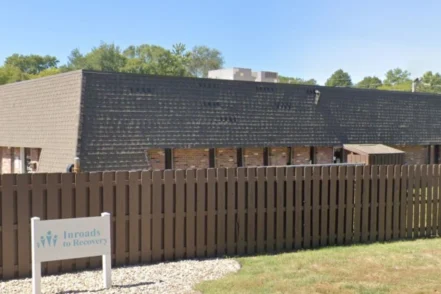
2808 N 75Th St Omaha, Nebraska 68134
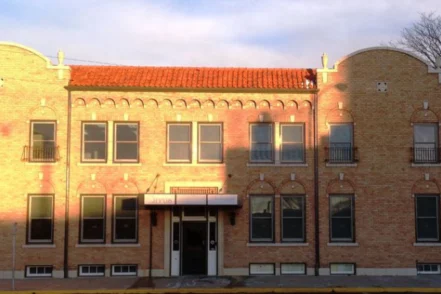
1509 1st Avenue Scottsbluff, Nebraska 69361

7703 Serum Avenue Omaha, Nebraska 68127
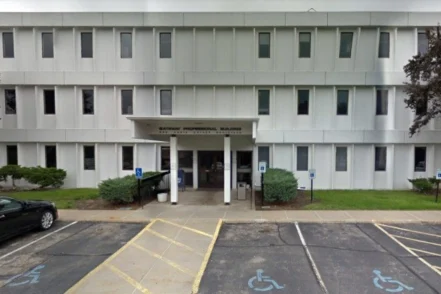
600 North Cotner Blvd., Suite 119 Lincoln, Nebraska 68505

1490 North 16th Street Omaha, Nebraska 68102
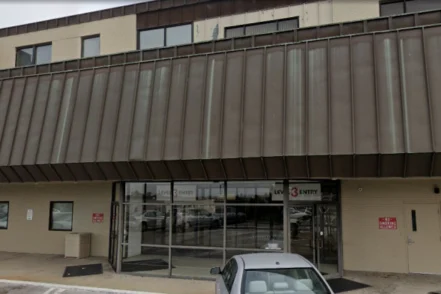
1941 South 42Nd Street, Suite 210 Omaha, Nebraska 68105
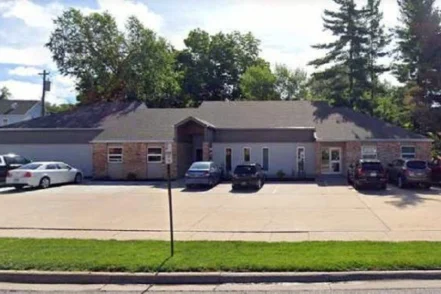
1124 North Cotner Boulevard Lincoln, Nebraska 68505